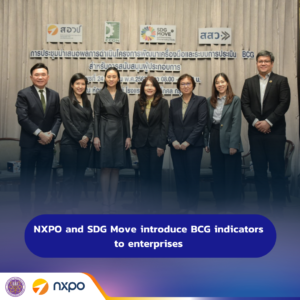NXPO and the King Prajadhipok’s Institute (KPI) recently initiated a collaboration aimed at designing community-participatory public policies for sustainable community development. The partnership was formalized on 17 April 2024 with the signing of a memorandum of understanding by KPI Deputy Secretary-General Dr. Thawilwadee Bureekul and NXPO President Dr. Kitipong Promwong.
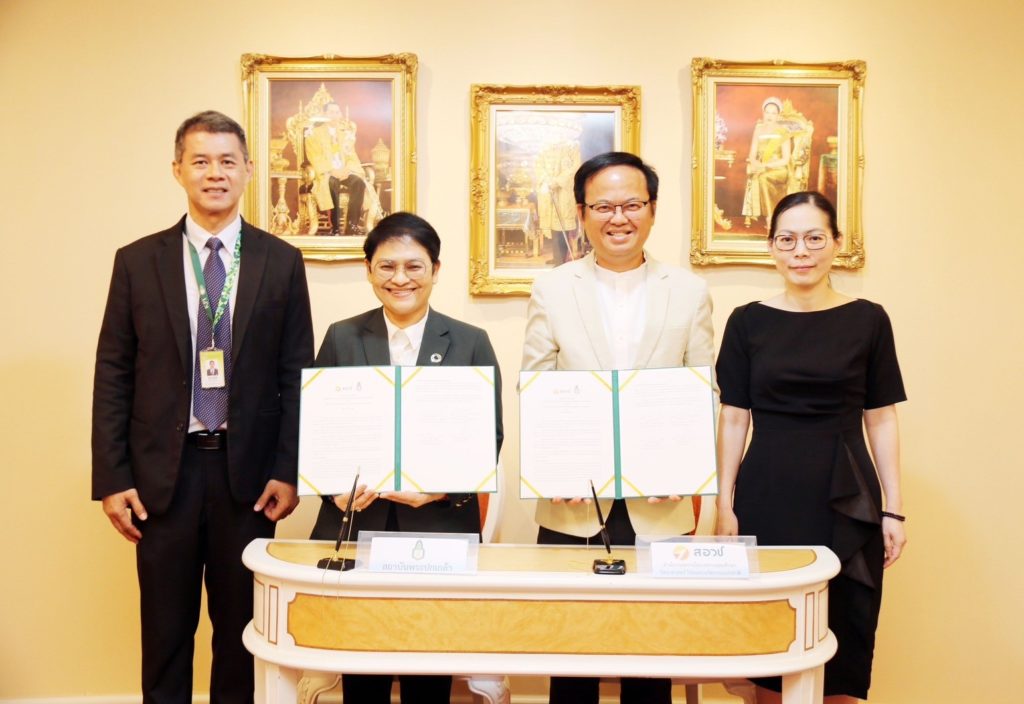
Dr. Kitipong briefed KPI delegates on the strategic focused areas concerning the national higher education, science, research and innovation policy: 1) bringing Thailand out of the middle-income trap to a high-income status by fostering innovation-driven enterprises (IDEs), 2) promoting social mobility and poverty eradication to mitigate social inequality, 3) supporting the GHG net zero emissions target through initiatives such as the Net Zero Campus, 4) transforming the higher education system to focus on developing skilled workforces for target industries through initiatives such as STEMPlus and the Higher Education Sandbox, and 5) enhancing the efficiency of higher education, science, research and innovation system through data integration and analysis, budget allocation, and policy evaluation.
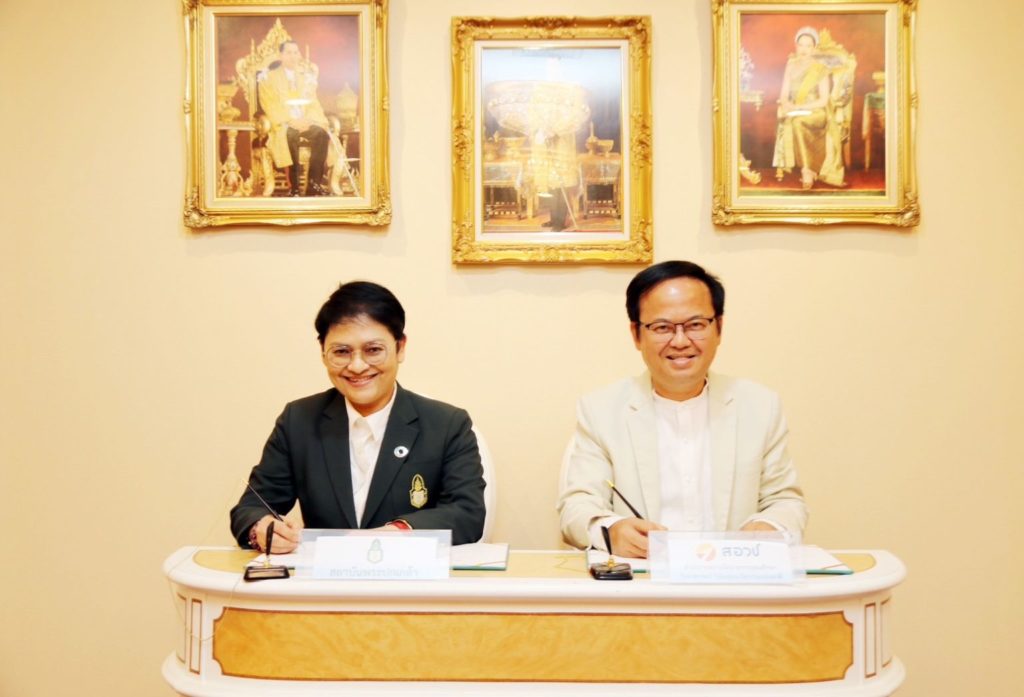
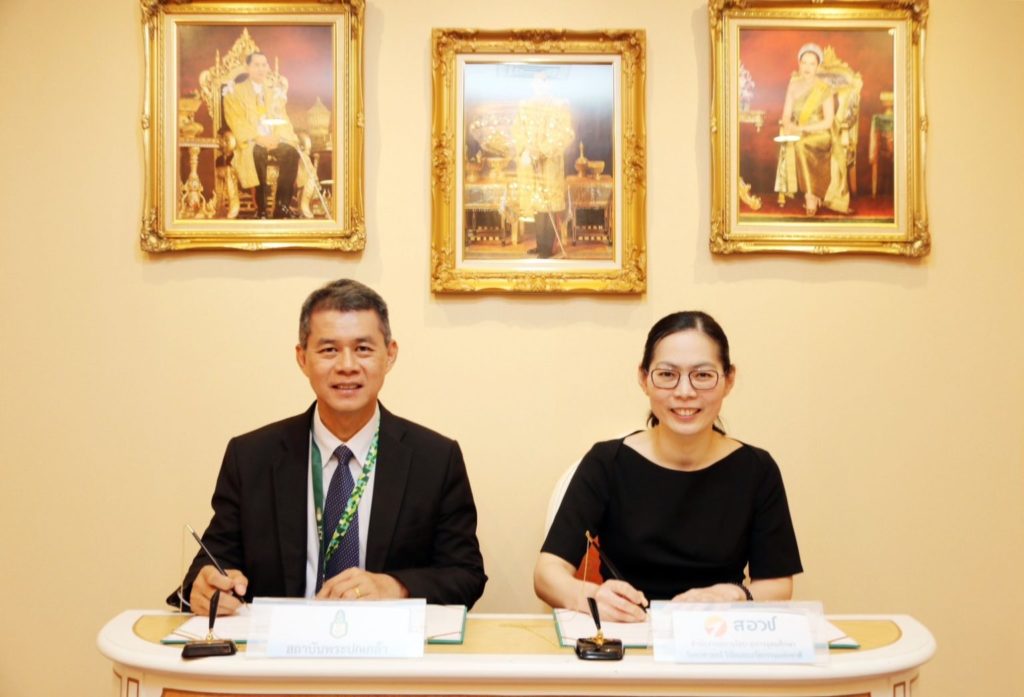
Dr. Thawilwadee reciprocated by outlining KPI’s scope of work in area-based development, which encompasses youth, environment, gender equality, local laws, welfare laws, and reducing educational inequality. The institute conducts policy research, including action research and future research, to formulate policy recommendations for regional or national advancement. Collaboration with NXPO will bolster these efforts, benefiting the broader public.
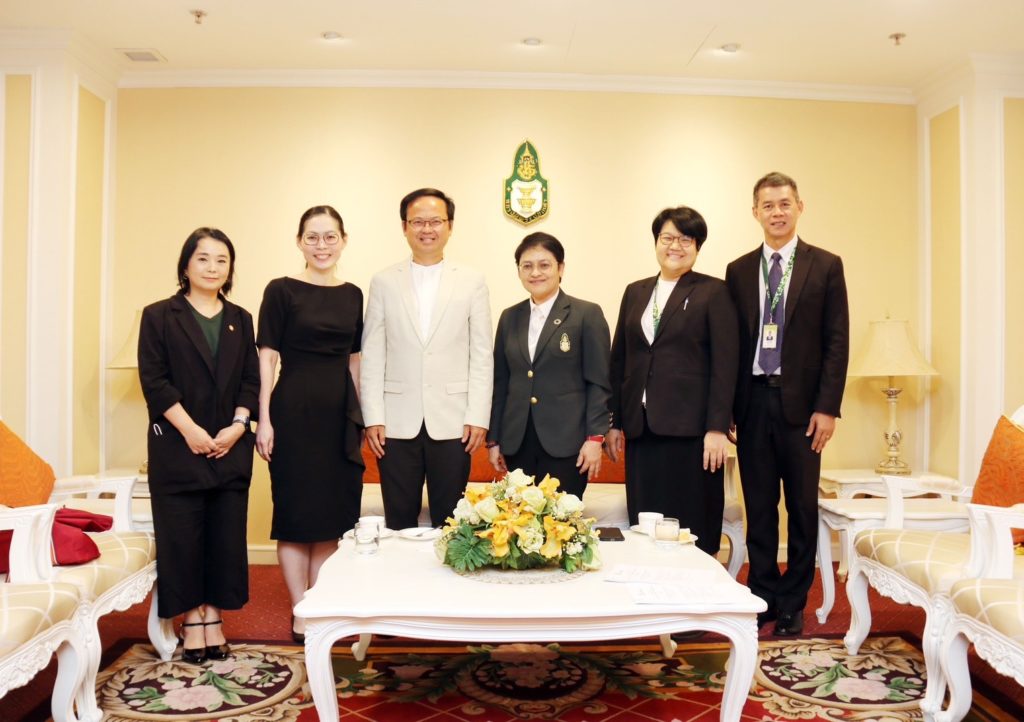
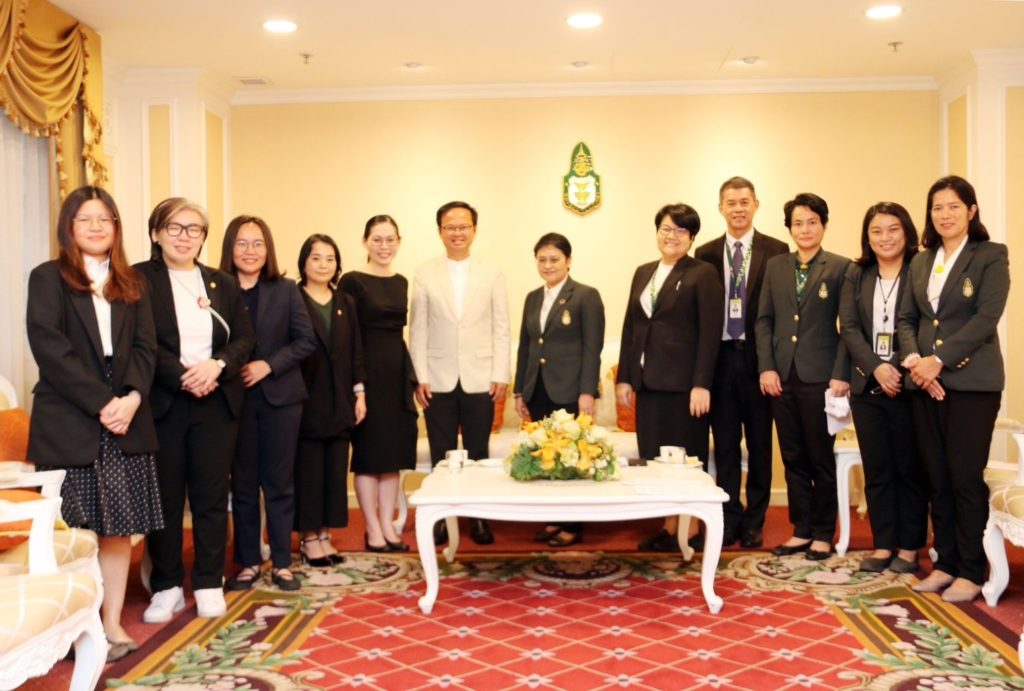
This collaboration will focus on gathering and analyzing data for community-participatory policy development, devising suitable policy advocacy processes for each community, and establishing a policy network to foster sustainable community development.
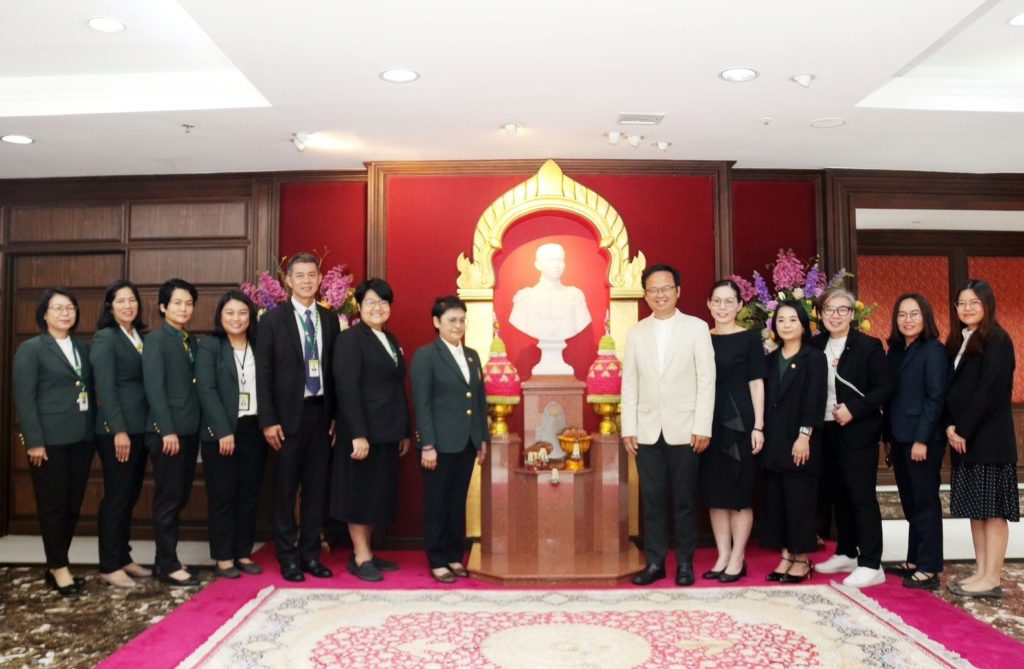
Photo credit: King Prajadhipok’s Institute



